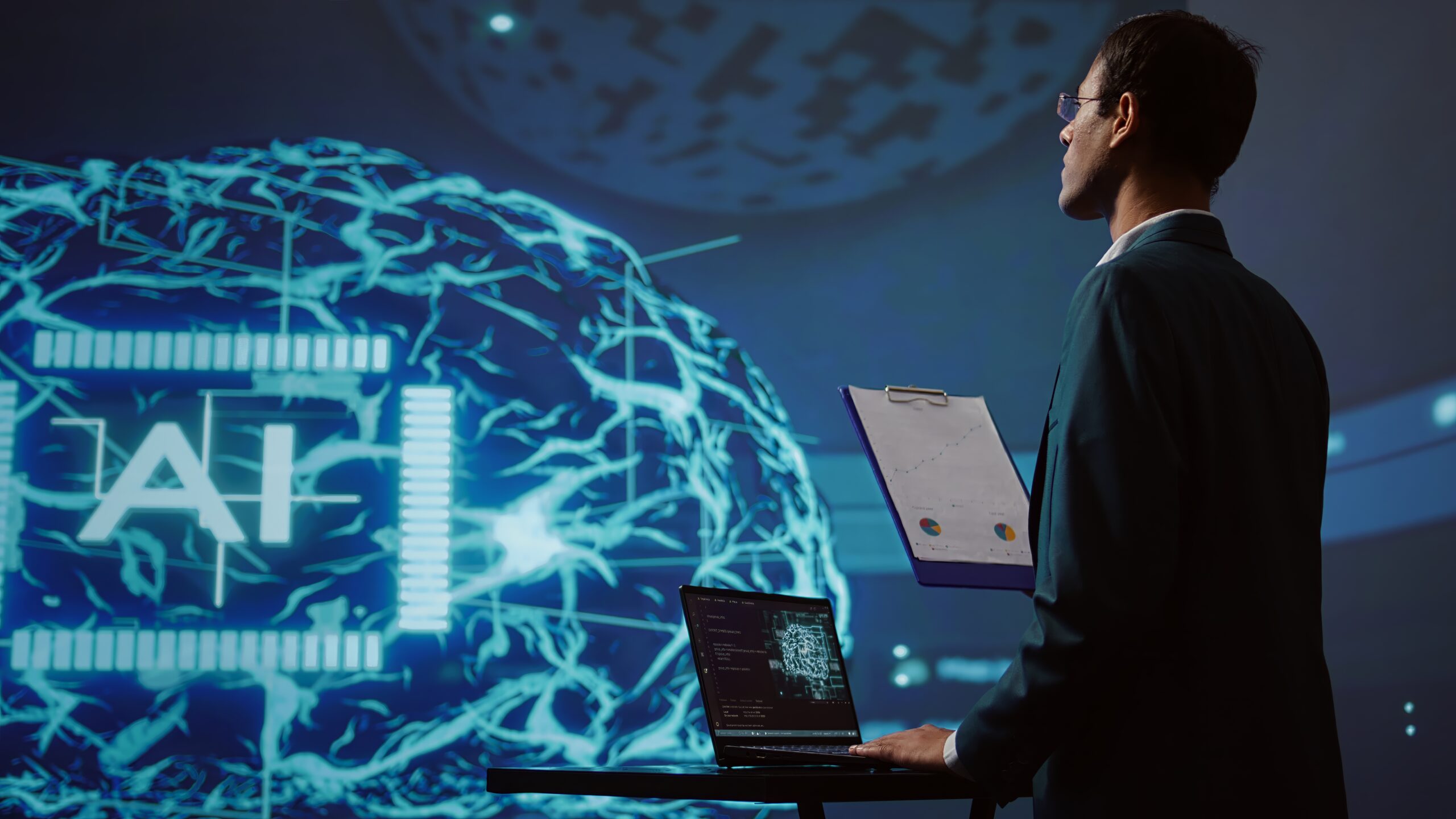Digital transformation has evolved far beyond migrating systems to the cloud or automating repetitive processes. Today, organizations are entering a new era—one driven by AI agents capable of reasoning, taking action, and collaborating with humans in complex digital environments. These intelligent systems are not just tools; they are becoming active participants in business operations.
What Are AI Agents?
Unlike traditional software or static AI models, AI agents are autonomous systems that can:
- Perceive their environment
- Interpret and reason about information
- Make decisions with limited or no human intervention
- Execute actions to achieve defined goals
They behave less like calculators and more like digital teammates—dynamic, adaptive, and capable of learning from experience.
Common examples include:
- Customer-support agents that handle entire support flows
- Workflow automation agents that coordinate tasks across tools
- Research agents that search, read, synthesize, and summarize information
- DevOps agents that deploy, test, and optimize applications
- Sales and marketing agents that personalize outreach
These agents move beyond static automation into goal-driven autonomy.
Why AI Agents Are Transformational
1. They unlock end-to-end automation
Traditional automation covers fragments of a workflow. AI agents can connect the dots—handling a full process from start to finish.
Example:
A support agent can triage a ticket, search documentation, propose a solution, escalate when needed, and update the CRM automatically.
2. They operate across diverse systems
Agents integrate with APIs, enterprise software, and data sources. They can orchestrate tasks across multiple applications, reducing human dependency and errors.
3. They enable real-time decision making
Agents can analyze live data—customer behavior, system performance, financial patterns—and act instantly, improving responsiveness and outcomes.
4. They free humans for higher-value work
With agents handling routine tasks, knowledge workers can focus on strategy, creativity, and human-centered problem solving.
5. They accelerate innovation
Teams can prototype, test, and deploy new ideas faster. Agents augment human creativity, making it easier to iterate on products, processes, and experiences.
Where AI Agents Are Reshaping Industries
Healthcare
- Automated intake and triage
- Personalized care recommendations
- Research and documentation assistants
Finance
- Fraud detection agents
- AI financial analysts
- Automated risk modeling
Retail
- Intelligent inventory management
- Personalized shopping assistants
- Dynamic pricing agents
Manufacturing
- Predictive maintenance
- Supply chain optimization
- Quality monitoring
Software & IT
- Autonomous QA
- DevOps copilots
- Incident response bots
The cross-industry impact is immense—and growing.
AI Agents in the Enterprise: Implementation Best Practices
Start with high-impact use cases
Look for repetitive processes with clear objectives—customer support, onboarding, reporting, etc.
Establish guardrails and oversight
Ensure human-in-the-loop checkpoints, robust monitoring, and ethical guidelines for data usage.
Integrate with existing systems
Use APIs and internal tools to let agents act where the work actually happens.
Measure what matters
Track improvements in cost, speed, accuracy, and customer satisfaction.
Scale gradually
Begin with one agent, validate performance, and expand across domains.
What the Future Holds
AI agents are set to become as ubiquitous as cloud computing—embedded across products, processes, and platforms. Over time, they will evolve from task executors to strategic collaborators, capable of anticipating needs, solving problems proactively, and enabling entirely new business models.
The organizations that embrace agents today will define the competitive landscape of tomorrow.



































